Steven was middle-aged, bright-eyed, wore tennis shoes tied with double-knots, blue jeans with rips in the knees, a red and black jacket that was too thin to break the wind, his hood was up, and sat surrounded by concrete with a single piece of cardboard beneath him. He held an aura about him. An elegance. The language divide was there, given he only spoke a bit of English, but he still intently listened to everything I said to him. He sits here and watches the world go by from his cardboard square, thinking about the stories behind the eyes that are never inquired upon. As I crouched to sit on the concrete, I could feel the veil of disconnect dissipate between us.
It was in February that I asked one of my professors if he knew someone I could interview for a project I was doing on people experiencing homelessness in Tangier. The professor told me about a man who sits outside of his apartment building and who even speaks a bit of English. This man, Steven, was about to make a trip across the continent in the following few days. He told me where the building was, and the following day I was off to meet Steven.
The day was bright. I followed the Google Maps directions as if they were leading me to an inanimate location rather than a person going through their normal daily routine. Traveling beyond my limits of familiarity, I turned left onto Rue Mahatma Gandhi Street and proceeded forward until I was met by my professor outside of his residence. I followed him down the sidewalk, “Hello Steven! This is the student I told you about,” my professor said to the man. My professor left and I asked Steven if I could sit next to him.
I looked at Steven, he looked at me, and the whole world around seemed to look at us. I remember my professor simply saying once, “He’s part of the community.” This was supported almost instantly when a woman walked by pushing a child’s stroller as she yelled “Hello Steven” as they exchanged greetings.
I introduced myself and proceeded to listen to the stories that make up this life that are all too often never inquired upon. Steven, I learned, is originally from Cameroon in Central Africa. Two years ago, to the day, he traveled from country to country from Nigeria to Morocco. People picked him up here and there as he and his wife took the long trip across this large section of the continent.
Back in Cameroon, he left his father, five sisters, and two children. He last saw his father six years ago. I asked Steven about his mother, and he unlocked his eyes with mine for the first time during our conversation to look out to the world moving around us. His mother passed away three weeks prior. It is always interesting to me how universal some emotions are. Without speaking, people can interpret significant commonalities between each other and sense what does not need to be said through words. Steven’s grief for his mother is a story in itself. How many people do we walk past who are struggling with unspoken challenges within? How many people do we substitute their struggles for pleasantries because we have a fear of digging deeper? It is not about fixing these difficulties, or even relating to them, just connecting with one another. We all have our own untold stories of hardships that we bear within ourselves.
Steven has been sitting outside of this particular building, on this particular street, for the past two months. He has a house with his wife in Tangier but cannot afford it unless he makes some sort of money. His wife cleans houses during the day to make money and he sits on the sidewalk to do the same. He told me that without an identity card, getting a job is not an available option for him. He needs money for his house in Tangier, to gain papers for a job, to travel home, and to be able to send money back to his children. His house payment is 600 DHS a month, to gain work papers is 300 DHS, and he sends home 500 DHS a month to his children. From people passing by, Steven makes around 50 DHS a day.
In the midst of this conversation, the Campus Manager of our University, Mourad, walked past. He greeted Steven in French and exchanged pleasantries. Swiftly he handed him 10 DHS and kept on walking. I remember one occasion driving around Tangier with Mourad when we stopped at a light and a man began to wash our windshield. He rolled down his window and handed the man 10 DHS once again with a kind face. The action was a common thoughtless practice of his. He looked at me through the rearview mirror in the backseat of his car and said, “We help the poor here. We help everybody. That’s what we do, and its only money.”
One of the biggest problems that Steven experiences is his lack of residential permits. He is not a legal resident of Morocco which makes it impossible for him to get a job without the required identification cards and paperwork. When I asked Steven what he thought the government could do to better support individuals experiencing homelessness he responded, “We hope that the government gives us papers to better profit and work to live.” Not having these papers makes his struggle deeper in many ways. He added, “To send money to Cameroon, I give to the President of the community to do the process because I don’t have the papers.” From the perspective of poverty, many people find themselves being stuck. They find themselves being only able to “make ends meet” without any surplus. What would happen if ID cards and residential permits were easier to possess? Would the system crumble, or does having people living on the streets already mean that the system has crumbled? What defines a working system if the flaws within it seem to be so strong?
Steven left three days after I spoke to him. He told me that he would stay in Tangier if he had the required papers, but right now, how things are, he needs to head back to Cameroon. He said, “Yes, I went through very very difficult times in Morocco in particular.” To drive from Tangier to the center of Cameroon it is roughly 5,938 kilometers[1]. He told me that he was planning to walk and hopefully get rides from people during some portions of the travel back. He said, “To return home I have to travel as I came: by road. It’s better for me, but it’s risky.”
The final question that I had for Steven was what gives him hope amid these hardships. He had only one response, “I had an objective but it’s about finding a better life for my family, that’s all.” I thanked him for his time, wished him luck in his travels, and left after shaking his hand.
The world seemed to come back into view, but through a different lens, as I walked back to school. Communication with Steven created a perspective of this city that was vital to understand. The impression that this conversation made on people passing by was unlike anything I have ever experienced or expected. People watched, people stared, people stopped. This all made sense because of what I had experienced with society’s relationship with people experiencing homelessness in the United States until one woman made me realize that I was completely wrong with this impression. People were looking at us and ostracizing me, not Steven. The moment of realization of this only registered once I had left. During my conversation, one woman passed us and asked Steven in French if he was okay. He smiled and nodded, and the woman slowly walked away with hesitation about me. It was a realization that created a contrast so clear between the cultures of Morocco and the United States.
What is Morocco doing differently than the United States concerning this issue? I remember countless times in Maine, while driving to Portland, that I would see hundreds of people living in tents below interstate highways or on the shoulder of the road. I recall my first trip to New York City when I cried because of the sheer need for resources for the people who lived on the sides of the streets. In the beginning, seeing people experiencing homelessness was a pure shock, but as I grew older, the sight became an empathetic normality.
We coast our newest versions of vehicles up to the stoplight and try to avoid eye contact with the people who call that shoulder of the road their home. We are intimidated, hold pity, form prejudices, and are thankful we are not in their shoes. But what if we were in their shoes? Just for one day. One simple day where instead of driving that 2024 hybrid RAV4, we are the people approaching it, asking for a glimpse of your intentionally avoided eye contact.
We make up stories and assumptions about people experiencing hardships and about what path they followed to end up in the less fortunate and privileged situation than we find ourselves in while making the assumptions. As people in this society, out of habituation, we tend to forget to look beyond first impressions. We refer to them as homeless, people of the streets, beggars, street people, hobos, and transients. But they are people above all these negative connotations we pin on them like nametags of their identity. They are people who are experiencing homelessness, they are women who were handed a poor hand, they are sons, daughters, mothers, fathers, neighbors, veterans, and refugees. Each of us has a story burning within us, but who will listen? I’m aware that I am unable to fix this problem as a whole, but I am simultaneously aware that for an impact to be made, there needs to be a deeper understanding and acknowledgment of the problem. Then, only then, can any progress be made.
I often think about Steven. About where he is, what’s going through his mind, what hardships he’s facing. I sit in my warm and secure building and visualize him walking a long road of solitude through Algeria on his way to Cameroon. God, I wish I could have helped him. The 200 DHS I gave him was a single droplet of rain in a thunderstorm. I wish I had bought him a flight home, given him a connection to his family, and money to afford a better way of living. I wish so much. But here I am, sitting in those contemplations of resources I could have supplied him and wishing for so much better for so many people. I once again feel the sensation of uselessness in the resolution of these problems.
Dr. Paul Farmer said, “The idea that some lives matter less is the root of all that is wrong with the world.”[2] Additionally, he said, “It’s my fervent wish that the church led by Pope Francis will canonize the first man and continue to listen to the second. We can all learn from both of them, just as they have learned by listening to the poor and oppressed.”[3] These quotes are so telling in the fact that these people are marginalized day after day and to see them as more than what they are oppressed down to is essential. Barriers can be broken, and walls can be knocked down. Separations do not have to always exist.
Some see my ambition to cover this city’s unspoken stories as bold. But I see it as the contrary. I have learned so much from creating deeper connections in this world. I have learned that we all have a story. I have learned that change only comes through gaining new perspectives from others. These individuals that we all too often cast aside are people. Just like you reading this story and me writing it. These people are stigmatized by society, pleading to be humanized time after time, and it is up to us to decide if we are willing to make that connection and take just one moment to listen to the stories burning within each other.
[1] Google Maps [Internet]. Place of publication unknown: Google; [publication date unknown]. Available from: https://www.google.com/maps/dir/Tangier/Cameroon+Opinion+Center,+Jouvence,+Yaound%C3%A9,+Cameroon/@20.5155852,-3.3538329,5z/data=!4m14!4m13!1m5!1m1!1s0xd0b875cf04c132d:0x76bfc571bfb4e17a!2m2!1d-5.8339543!2d35.7594651!1m5!1m1!1s0x108bcfc8dea409fd:0x42a4b5558c372fd4!2m2!1d11.4874797!2d3.8514304!3e0?entry=ttu [Accessed 21 March 2024].
[2] Simpson Center for the Humanities. Stopping Infectious Disease Requires Staff, Space, Stuff, and Systems, Paul Farmer Argues. [Internet]. Medium; [cited 2024 March 5]. Available from: https://simpsoncenter.medium.com/stopping-infectious-disease-requires-staff-space-stuff-and-systems-paul-farmer-argues-with-8f59e5ad79d4
[3] Partners In Health. Dr. Paul Farmer: How Liberation Theology Can Inform Public Health. [Internet]. Partners In Health; [cited 2024 March 5]. Available from: https://www.pih.org/article/dr.-paul-farmer-how-liberation-theology-can-inform-public-health
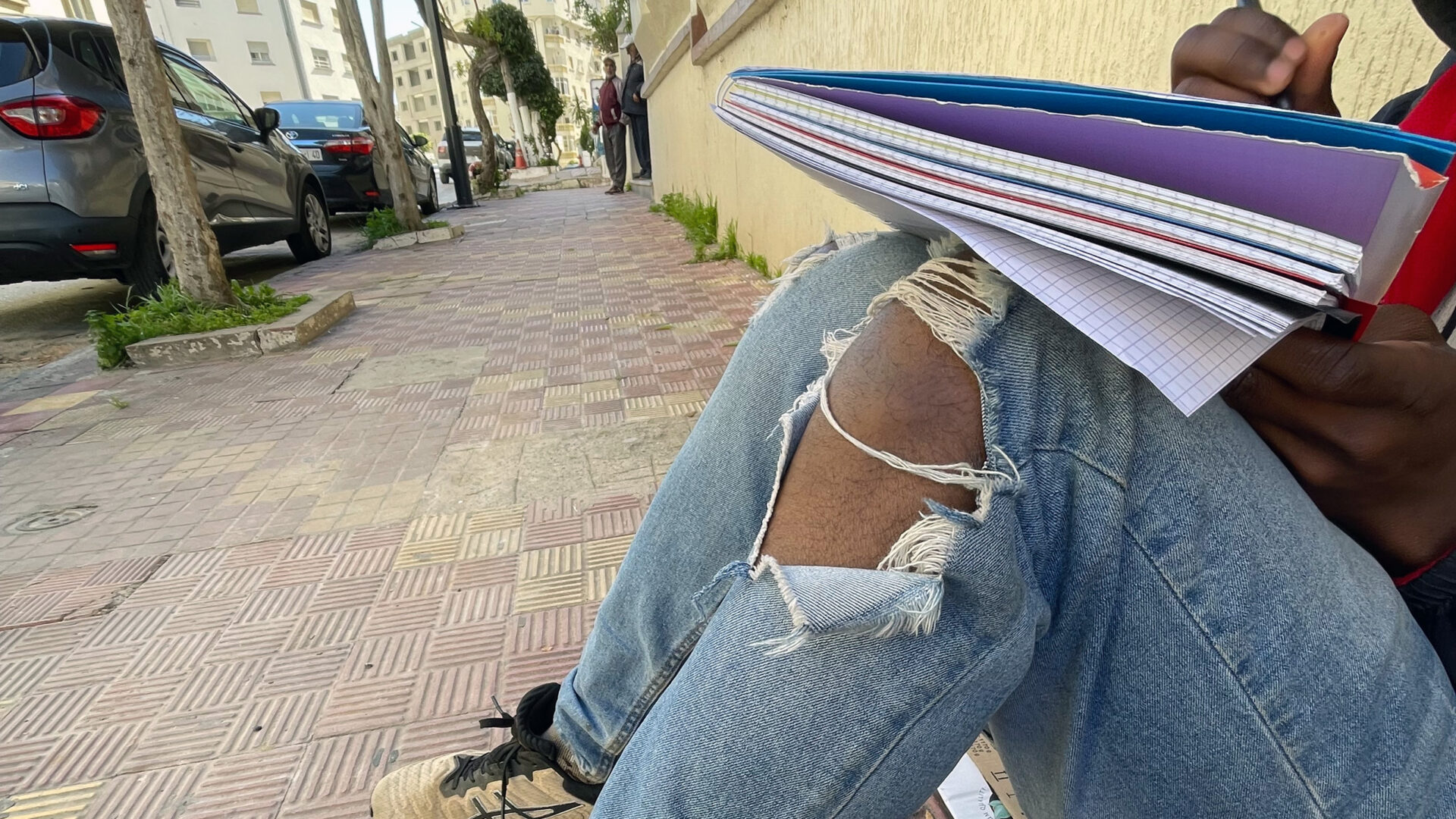
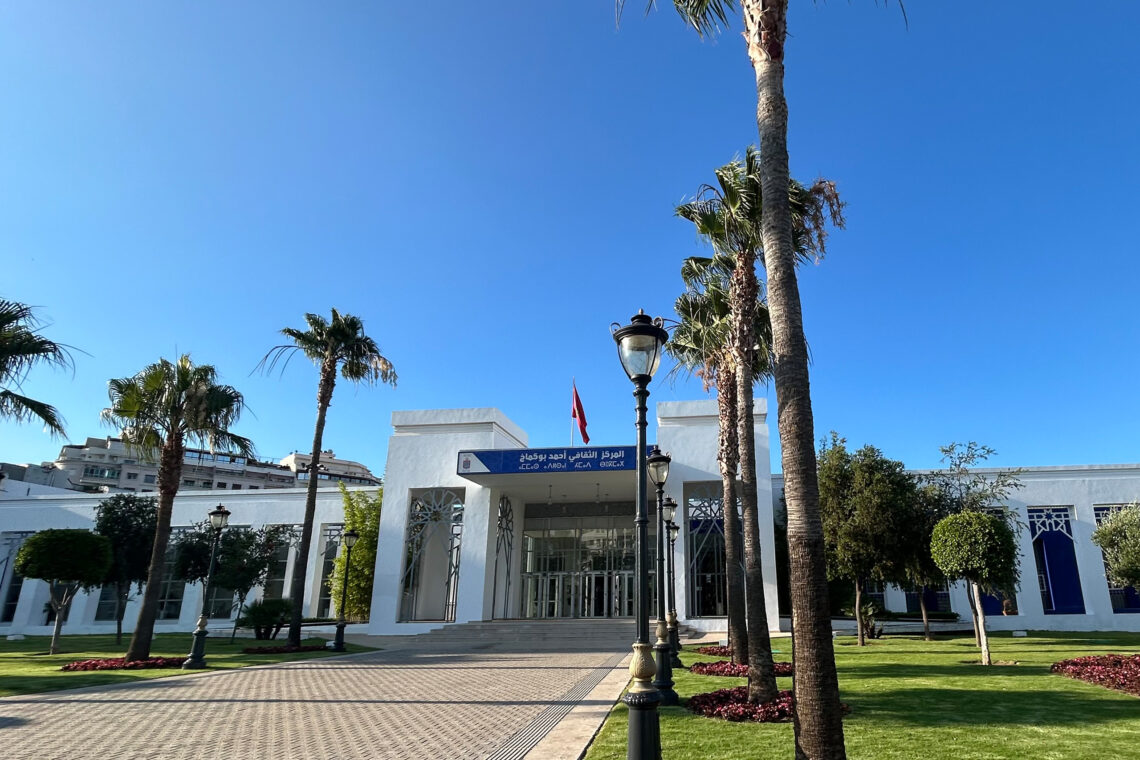
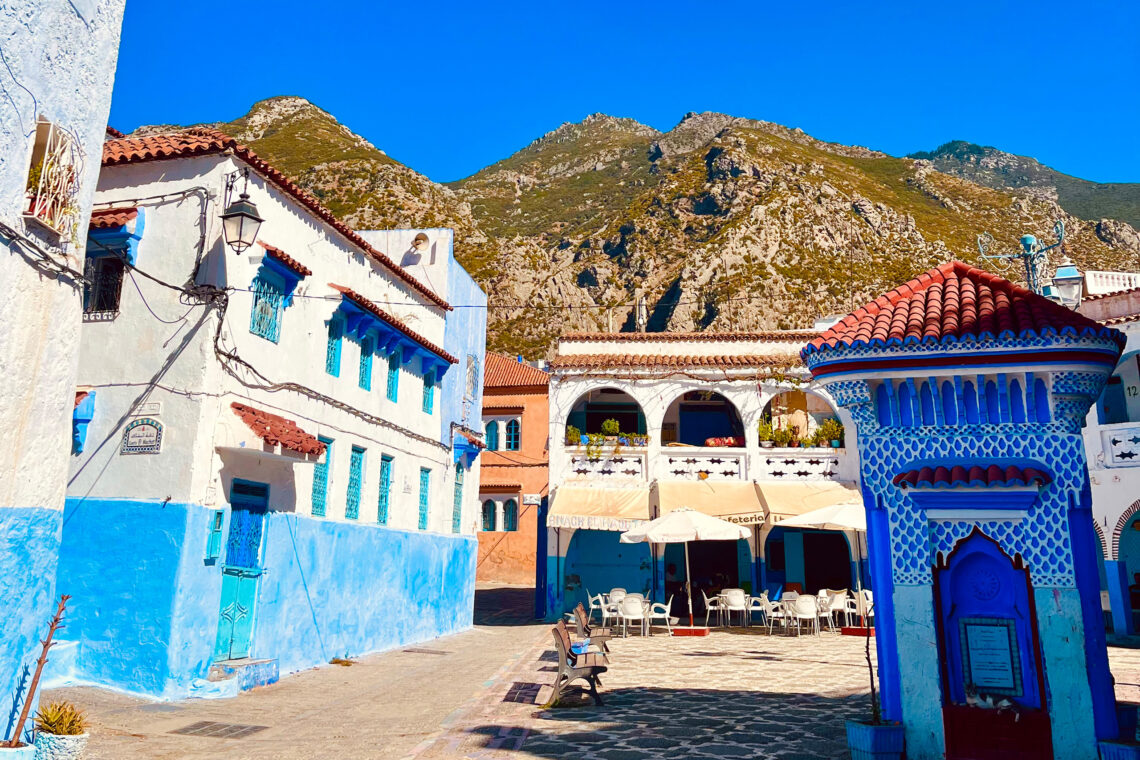
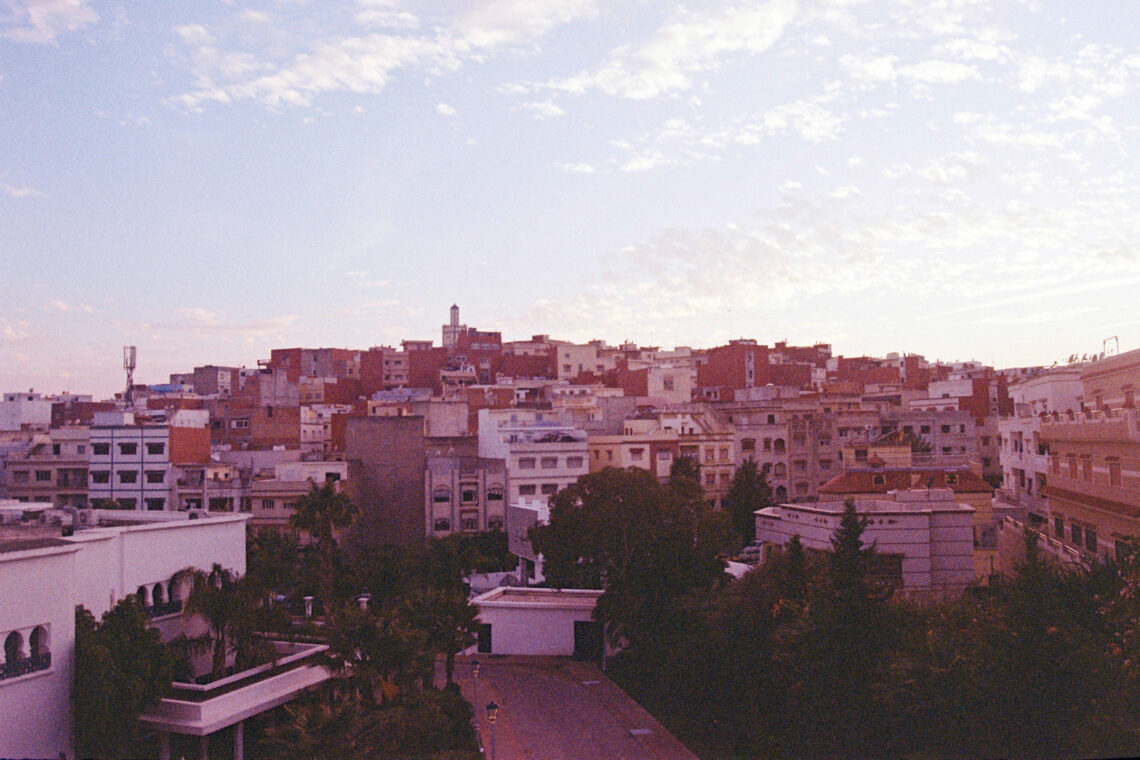
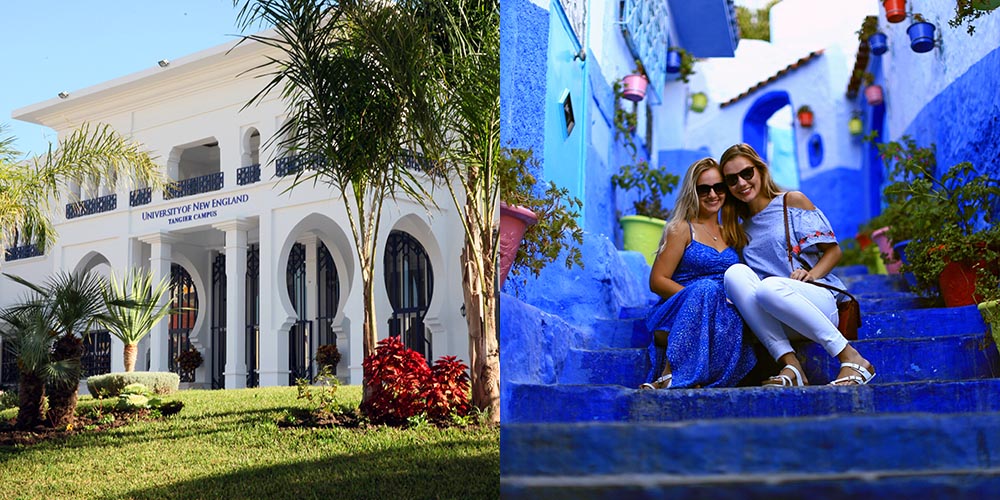

Comments are moderated by the editor and may not appear on this discussion until they have been reviewed and deemed appropriate for posting. All information collected is handled in a manner consistent with our privacy policy.